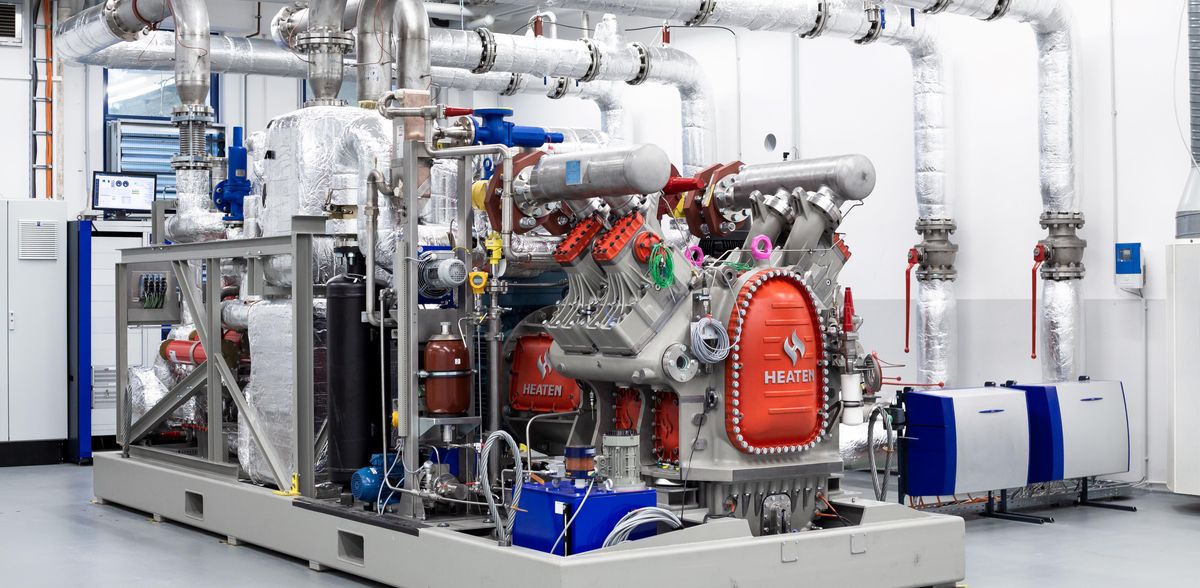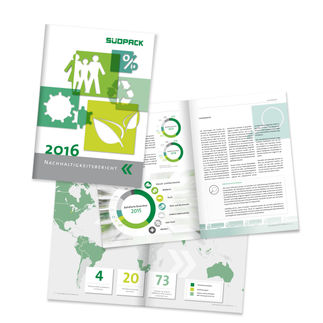BENEO reduces CO2 emissions at Belgian plant
New heat pump uses wastewater energy for a more sustainable production process
Advertisement
BENEO, a leading manufacturer of functional ingredients for food, feed and pharmaceutical applications, is installing a modern heat pump at its plant in Wijgmaal, Belgium. The system from Heaten, a specialist in industrial heat pump solutions, uses the heat stored in wastewater to generate energy, enabling BENEO to reduceCO2 emissions from production.
At its plant in Wijgmaal, BENEO produces rice starch, rice protein and rice flour for the food and animal feed industry. In addition to wet extraction, a drying process is also used, which requires very high temperatures. The energy required for this currently comes from natural gas. In future, the new heat pump will be able to recover the previously unused waste water heat and, thanks to state-of-the-art technology, increase it to such an extent that the drying process of the rice ingredients is supported. In this way, the system will help to significantly reduce natural gas consumption and thereforeCO2 emissions. With Heaten, BENEO has an experienced partner for industrial heat pumps at its side for the project in order to make the entire production process more sustainable.
Roland Vanhoegaerden, Operations Managing Director, Specialty Rice Ingredients at BENEO explains: "The heat pump is a milestone for us at BENEO in terms of sustainability. It helps us to reduceCO2 emissions and thus reduce our overall impact on the environment. We have already installed heat exchangers and additional piping at our plant in Wijgmaal in recent months. The heat pump is expected to go into operation in June 2024."
The heat pump is BENEO's latest example of more sustainable energy management. At the Wijgmaal site, the company only uses green electricity and has already made energy consumption at the plant as efficient as possible by installing frequency converters. BENEO has also been able to significantly reduce transportation-related carbon emissions by shifting half of its European inland freight transport from road to river.
"Installing the heat pump is our next step, but not our last. It is the continuation of a holistic approach along the entire value chain, which we will continue to implement in the coming years," says Vanhoegaerden.
Note: This article has been translated using a computer system without human intervention. LUMITOS offers these automatic translations to present a wider range of current news. Since this article has been translated with automatic translation, it is possible that it contains errors in vocabulary, syntax or grammar. The original article in German can be found here.































































